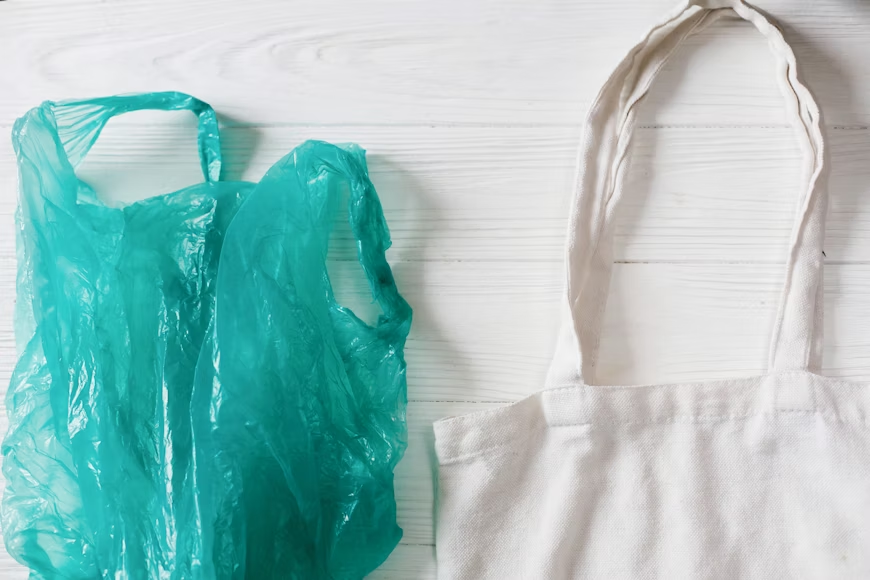March 23, 2024
In a groundbreaking move toward environmental sustainability, several of the nation’s largest retailers have announced they will eliminate plastic bags from their stores by 2025. This decision, which marks a significant step in the fight against plastic pollution, is set to impact millions of customers across the United States, with companies aiming to transition to eco-friendly alternatives such as paper bags, reusable totes, and plant-based packaging.
The major retailers involved, which include household names such as Walmart, Target, and Kroger, are part of a growing movement aimed at reducing single-use plastic waste, a major contributor to pollution in landfills and oceans. These retailers have committed to fully phasing out plastic bags in all their locations, both in physical stores and through online orders, within the next year.
Retailers will instead encourage customers to use reusable bags or purchase alternative options at checkout. For those who do not bring their own, paper bags and biodegradable alternatives will be offered, with the goal of reducing the environmental impact of bagging materials. Many retailers are also exploring innovative packaging solutions, including compostable bags made from plant-based materials.
The initiative has garnered widespread support from environmental groups, who have long pushed for the reduction of plastic waste. According to environmental advocates, plastic bags contribute significantly to ocean pollution, as they often end up in waterways and pose a threat to marine life. The decision by these retailers is seen as a major victory for sustainability and the growing movement to curb plastic waste across industries.
“Today’s announcement is a vital step in combating the plastic pollution crisis,” said one representative from the Environmental Protection Agency. “With major retailers taking responsibility and committing to change, we hope this will set a precedent for other industries to follow suit.”
While the policy change is being hailed as a major win for the environment, some critics have raised concerns about the logistics of implementing such a wide-reaching ban, especially in rural areas where reusable bag infrastructure may not be as readily available. However, proponents argue that the environmental benefits far outweigh the challenges, pointing to the long-term positive impact on the planet.
With a deadline now set for 2025, retailers are ramping up their efforts to educate consumers and make the transition as seamless as possible. As this shift in consumer behavior takes place, the hope is that the move will inspire other industries to take similar steps toward reducing plastic waste.


